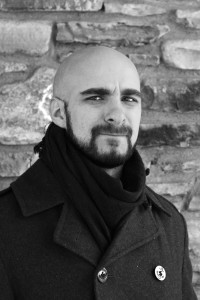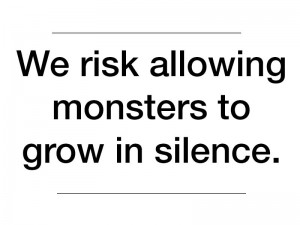An Egyptian court on Monday, February 1st 2015, sentenced 183 Muslim Brotherhood supporters to death. The court proceedings were held over the killing of 11 police officers in the violence that had engulfed Egypt after the 2013 dismissal of the former Islamist president, President Mohammed Morsi.
The attack took place after Egyptian military forces cracked down on Islamist supporters of Morsi in July 2013. Egyptian security forces descended onto two pro-Morsi camps in July and August 2013, killing hundreds.
 At the end of July and beginning of August 2013, hundreds of demonstrators were killed by Egyptian security forces. The Human Rights Watch said that this mass killing of protesters “probably amounts to crimes against humanity,” thus creating an international outcry that was quickly quieted by the Egyptian government.
At the end of July and beginning of August 2013, hundreds of demonstrators were killed by Egyptian security forces. The Human Rights Watch said that this mass killing of protesters “probably amounts to crimes against humanity,” thus creating an international outcry that was quickly quieted by the Egyptian government.
The United Nations has called the trials “unprecedented.” Amnesty International’s Deputy Middle East and North Africa Program Director, Hassiba Hadj Sahraoui, said in a statement in response to Monday’s verdict. “The death sentences are yet another example of the bias of the Egyptian criminal justice system.”
Sahraoui further stated that “issuing mass death sentences whenever the case involves the killing of police officers now appears to be near-routine policy, regardless of facts and with no attempt to establish individual responsibility.”
The original trial saw 377 people sentenced to life in prison in absentia, while not present at the event being referred to. Hassiba Hadj Sahraoui said it would be wrong to impose the capital punishment “when there are serious doubts hanging over the fairness of the trial which disregarded international law.”
The Egyptian court did not put 183 individuals to death lightly. The Egyptian government has been attempting to fight against terrorism in Egypt. Muslim extremism has seen an increase in central Egypt in the past decade, and President Abdel Fattah el-Sisi has been fighting against these extremists.
Egypt’s current government, led by President Abdel Fattah el-Sisi, has called for a ‘religious revolution’ and asked Muslim leaders to help in the fight against extremism. President el-Sisi has launched a war against terrorism, focusing particularly on the countries Sinai region, where an extremist group recently pledged allegiance to ISIS.
In an act of counter extremism, Egyptian authorities cracked down in 2013 on former supporters of Morsi, a longtime member of the Muslim Brotherhood, which the Egyptian government had officially declared a terrorist organization in December 2013
In a speech on New Year’s Day, President Abdel Fattah el-Sisi called for a “religious revolution” in Islam that would displace violent jihad from the center of Muslim discourse. “Is it possible that 1.6 billion people should want to kill the rest of the world’s population, [which] is 7 billion people, so that they themselves may live?” President el-Sisi asked.
“We have to think hard about what we are facing,” President el-Sisi said. “It’s inconceivable that the thinking that we hold most sacred should cause the entire Islamic world to be a source of anxiety, danger, killing, and destruction for the rest of the world. Impossible.”

